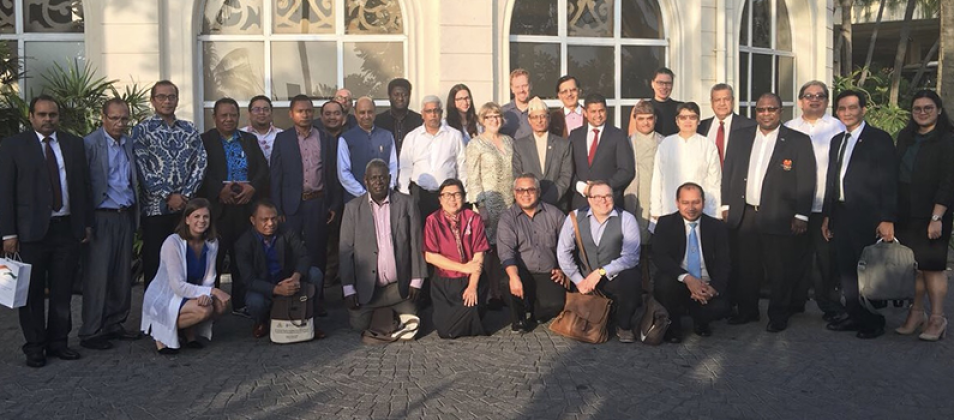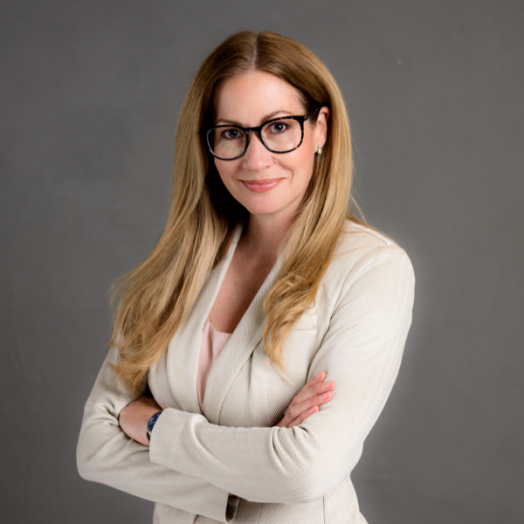
Electoral Leadership Training for Asia-Pacific Election Officials
On August 29-30, 2018, the International Foundation for Electoral Systems (IFES) implemented a new tool for training senior electoral leaders in Colombo, Sri Lanka, following the fourth annual Asian Electoral Stakeholders Forum. Electoral leaders operate in a unique and challenging space. They may be required to carry out their mandates at the epicenter of fundamental transitions that involve all sectors of society, enormous political pressure, and uniquely complex challenges that test individual and institutional resilience. The IFES Executive Curriculum in Electoral Leadership (iEXCEL) was designed to assist leaders to develop skills and strategies to resolve protracted challenges that prevent meaningful reforms, undermine election management body (EMB) independence, and subvert the electoral process. Development of the curriculum was supported by the United States Agency for International Development (USAID) under the Global Elections and Political Transitions mechanism.
[caption align="right"]iEXCEL contains three evidence-based modules that build the capacity of senior electoral leaders to exercise independence, ethical leadership, and crisis leadership. These modules emphasize skills such as strengthening institutional independence, transforming mindsets and behaviors of colleagues and election stakeholders, building relationships, delivering elections within the context of a crisis, and resisting manipulation of elections by political actors. The curriculum also includes an introductory module distinguishing electoral management, which focuses on the mechanics of elections, from electoral leadership. The first day of the training in Colombo featured excerpts from all four modules, including discussions and interactive exercises. On the second day, participants tested their knowledge in a full-day simulation mimicking an unfolding crisis on Election Day. After conducting a risk mitigation exercise, participants role-played commissioners and various EMB departments and considered how to respond to a series of prompts, including news articles and messages from field teams relaying challenges with election technology.
Participants in the training included senior electoral leaders from India, Thailand, Indonesia, Nepal, Papua New Guinea/Bougainville, Pakistan, Fiji, Philippines, Timor-Leste, and Sri Lanka. While this curriculum can also be implemented with fewer participants from a single EMB, the mix of countries represented facilitated a rich discussion and sharing of experiences that augmented the training modules.
Participant attendance at the training was supported by USAID, Australian Department of Foreign Affairs and Trade and Global Affairs Canada.













